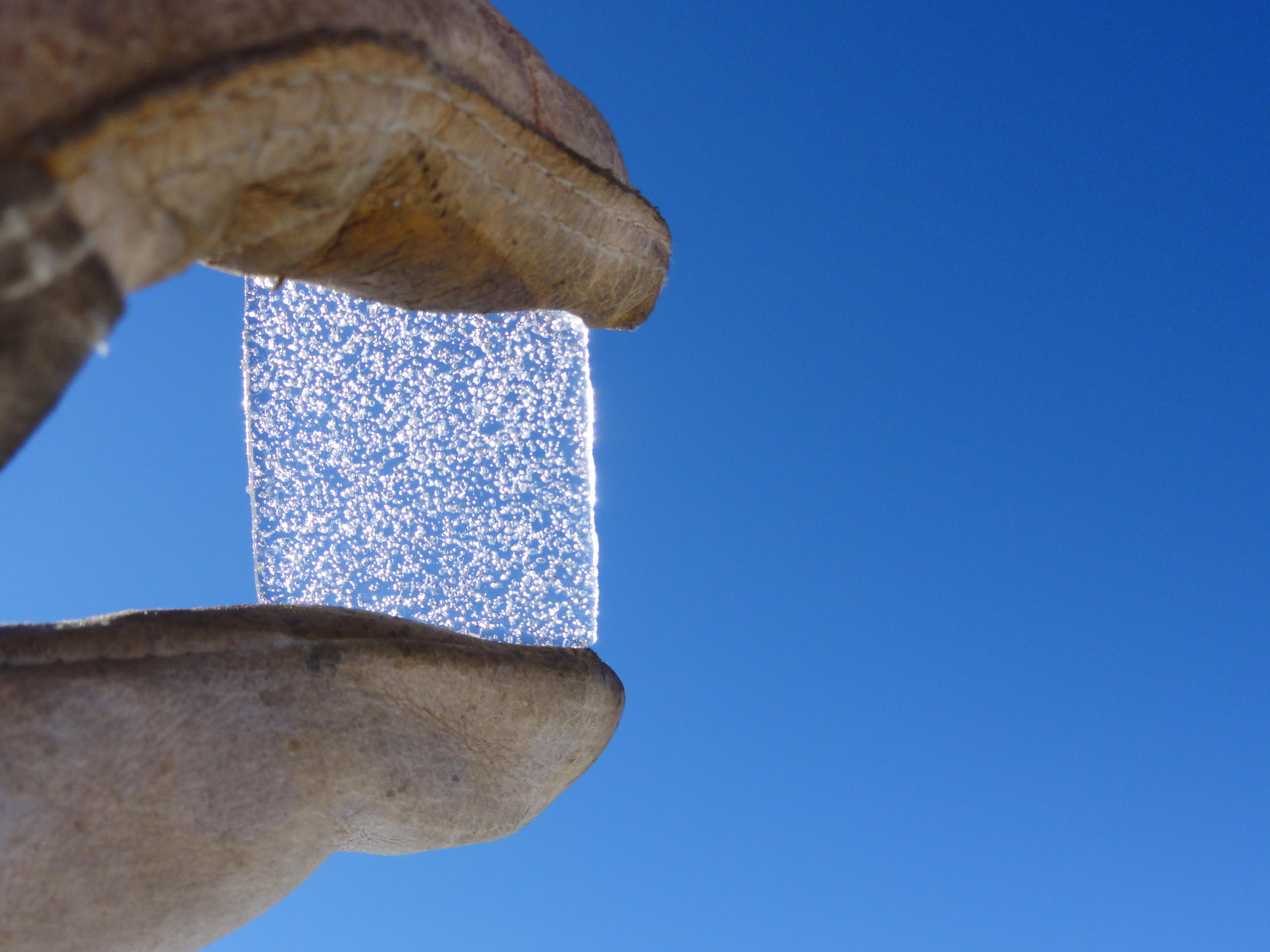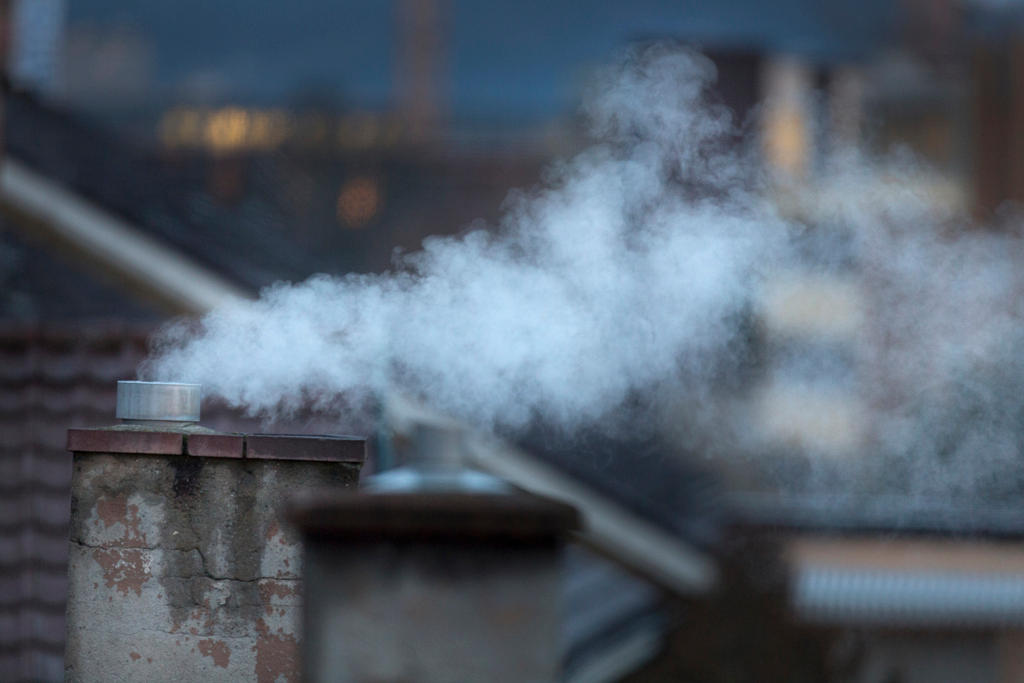Antarctic ice cores help reveal ocean temperature patterns

Researchers have devised a more accurate way to measure ocean temperatures – key for monitoring climate change – using gases trapped in Antarctic ice.
An international team of researchers, led by Bernhard Bereiter of the Swiss Federal Laboratories for Materials Science and Technology (EMPA) and the University of Bern, has come up with a method that uses ice cores from Antarctica to more accurately measure average global ocean temperatures over the past 24,000 years, during which the transition from the last ice age occurred.
According to an EMPA press releaseExternal link, the layers of permanent ice in that region form an “archive of the atmosphere”, containing trapped bubbles of air and other gases known as noble gases – including krypton, xenon and argon. Because cooling water absorbs noble gases from the atmosphere, and warming water releases them, the concentration of noble gases in these ice core bubbles can help scientists estimate the average temperature of the ocean at the time.
“Our study clearly shows that the basic idea – the connection between the concentration of noble gases in the atmosphere and the average ocean temperature – is correct and that the method works,” Bereiter declared on Thursday.
Using this method, the researchers identified an increase of 2.6 degrees Celsius in average ocean temperature over a period of 10,000 years. But they also believe that the method, which has been published in the scientific journal NatureExternal link, could in theory be useful for monitoring current temperature changes – and not just large-scale changes like the shift from the last ice age to the current warm age. That is important because as the global climate warms, most of the extra heat is absorbed by the oceans. Until now, measurements of average ocean temperature have been very complicated to produce, and are often distorted by variations in location, season, and ocean depth.

In compliance with the JTI standards
More: SWI swissinfo.ch certified by the Journalism Trust Initiative











You can find an overview of ongoing debates with our journalists here . Please join us!
If you want to start a conversation about a topic raised in this article or want to report factual errors, email us at english@swissinfo.ch.